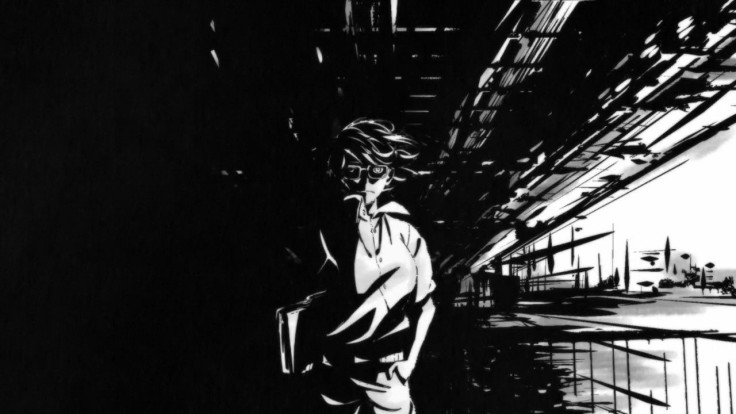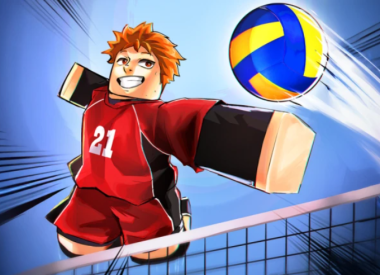From the first frames of the opening theme’s animation, fall anime season 2016’s March Comes In Like a Lion feels special. The animation is rough but emotive, an intentional choppiness that works really well with our main character’s situation. March Comes In Like a Lion episode 1 has an unusual and distinct visual style that makes its character design feel really unique: pupils are sketched in with lines rather than filled in, and our protagonist Rei has a frown that seems deeply etched into his face.
The first few seconds of episode 1 is bog-standard “our protagonist is sad”: a dream/hallucination/nightmare where someone tells him he has no friends, no prospects, no one likes him, and so on. From there on, episode 1 takes a different route.
It takes nine minutes before Rei even speaks as episode 1 walks us through his long, lonely morning. He wakes in an empty apartment and looks dead to the beautifully rendered, storybook world as he trudges towards his destination. Delicate vocals whispering in the background uplift the bleakness of Rei’s depression, making it less of a weight on the viewer than it might otherwise be, treating his personal journey with a kind of tender narrative affection. He is sad, but the world is beautiful.
Turns out our boy Rei is a professional shogi player who takes no joy from his genius. In flashbacks, we see him score his first tournament win only to observe an older man comforting his two children, who lost. Alone with his trophy, the child Rei’s excitement deflates. And it seems that joy has never come back, even though Rei makes a brisk living by playing pro matches. In fact, the man against whom we see him play might well be his father -- of sorts.
It’s strongly implied that Rei’s father figure isn’t really his biological father - making Rei a foundling, or adopted, or illegitimate. The older man tries to draw Rei out, asking after him and whether he’s eating, telling him that some folks miss him, only to be met with resounding silence.
At school Rei is just as isolated, eating by himself on the roof rather than with his classmates with the company of a broke, cranky teacher who leaves him in a huff when he realizes this kid may well make more money than he does.
But later, we see that Rei’s life is not in fact the parade of isolation this string of lonely opening scenes might have us think. He’s invited to dinner, and before he can back out, his friend asks him to grab some goods from the grocery store, so he’s obliged to go. It turns out his friends are three sisters and their grandfather, who live together in a small busy house full of cats, chaos and love.
Even their joyfulness can’t shake his sorrow; after overhearing the murder of a father by his son on the news, Rei cries himself silently to sleep. The episode ends the next day, when Rei goes home to check his mail for a match invite only to be startled by a stocky creep who holds up the invite sinisterly. It’s a cliffhanger that’s completely out of left field, but that’s not really why I’m interested in continuing to watch. I want to find out more about Rei’s past and his history with his father figure; I want to find out more about how he met the family that seems to have taken him in; and I want to find out if he’ll ever find the joy in shogi he seemed to have as a young prodigy.
March Comes In Like A Lion does have some moments of levity, most of which feel extreme and forced when compared to the subtlety with which Rei’s pain is depicted. In a few too-cute scenes, the cats talk, the middle sister hands Rei a rice ball the size of a soccer ball and the little girl cozies up to her doting grandpa. These off-the-wall, random bits of humor might have worked on their own, and it’s without question that episode 1’s tone needed some balancing, but the moments of humor feel very disconnected from Rei’s life and story. I mean… the cats are talking.
All the same, March Comes In Like A Lion is definitely worth the watch. You can find it streaming on Crunchyroll every Saturday at 1 PM.


















